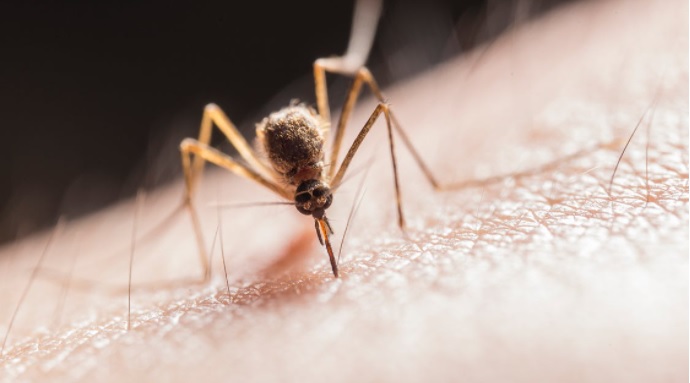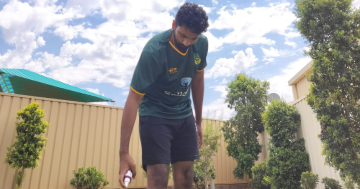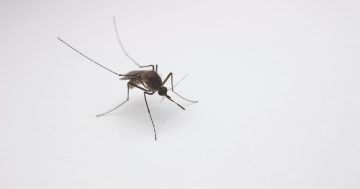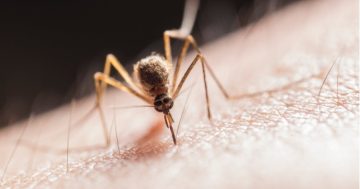
A second case of Murray Valley encephalitis (MVE) has been detected in NSW. Photo: File.
Health authorities have issued another warning to protect against mozzie bites after a second case of Murray Valley encephalitis (MVE) was detected in NSW.
A 50-year-old man from the Hilltops region northeast of Cootamundra was discovered to have the virus and was admitted to hospital.
While he’s now been discharged, it is the first time MVE has been identified in the region and it is now the second case this mosquito season after a man in his 60s was infected following potential exposure in the Temora Shire, Edward River Shire or Murrumbidgee Council areas.
MVE has also recently been detected in border communities in Victoria and in mosquitoes and sentinel chickens in western and southern NSW.
“There is no vaccination or specific treatment for Murray Valley encephalitis, so we urge the community to do everything they can to protect themselves against mosquito bites,” said Keira Glasgow, Director of NSW Health’s One Health branch.
“The best way to avoid infection is to avoid being bitten by mosquitoes, which are most active between dusk and dawn. Avoiding mosquito bites will also protect against other mosquito-borne infections including Japanese encephalitis, Kunjin and Barmah Forest viruses.”
While MVE is rare and most infected people will not have symptoms, a small number of people develop more serious inflammation of the brain.
“Only a small proportion of people infected with Murray Valley Encephalitis virus will have any symptoms, which include fever, headache, nausea, vomiting, loss of appetite, diarrhoea, and muscle aches,” said Ms Glasgow.
“Signs of severe infection include severe headache, neck stiffness, sensitivity to bright lights, drowsiness, confusion, seizures, and loss of consciousness.”
Ms Glasgow said the number of MVE detections in mosquitoes and sentinel chickens this season was concerning and NSW Health has established an expert advisory panel on mosquito control and management with medical entomologists from across Australia.

Communities are being encouraged to take measures to protect themselves against mosquito bites following detections of Murray Valley encephalitis (MVE) virus in mosquitoes. Photo: File.
Remember to protect yourself from mosquito bites by:
• Wearing light, loose-fitting long-sleeved shirts, long pants and covered footwear and socks, especially around dusk and dawn;
• Applying repellent to all areas of exposed skin, using repellents that contain DEET, picaridin, or oil of lemon eucalyptus;
• Reapplying repellent regularly, particularly after swimming, being sure to always apply sunscreen first and then apply repellent;
• Covering openings such as windows and doors with insect screens and checking there are no gaps in them;
• Removing items that might collect water (such as old tyres and empty pots) outside your house where mosquitoes can breed;
• Improving drainage on your property so that water does not become stagnant;
• Using insecticide sprays, vapour dispensing units and mosquito coils to repel mosquitos (mosquito coils should only be used outside).
For further information and ways to protect yourself visit NSW Health’s mosquito-borne diseases page here.
Original Article published by Chris Roe on Region Riverina.










